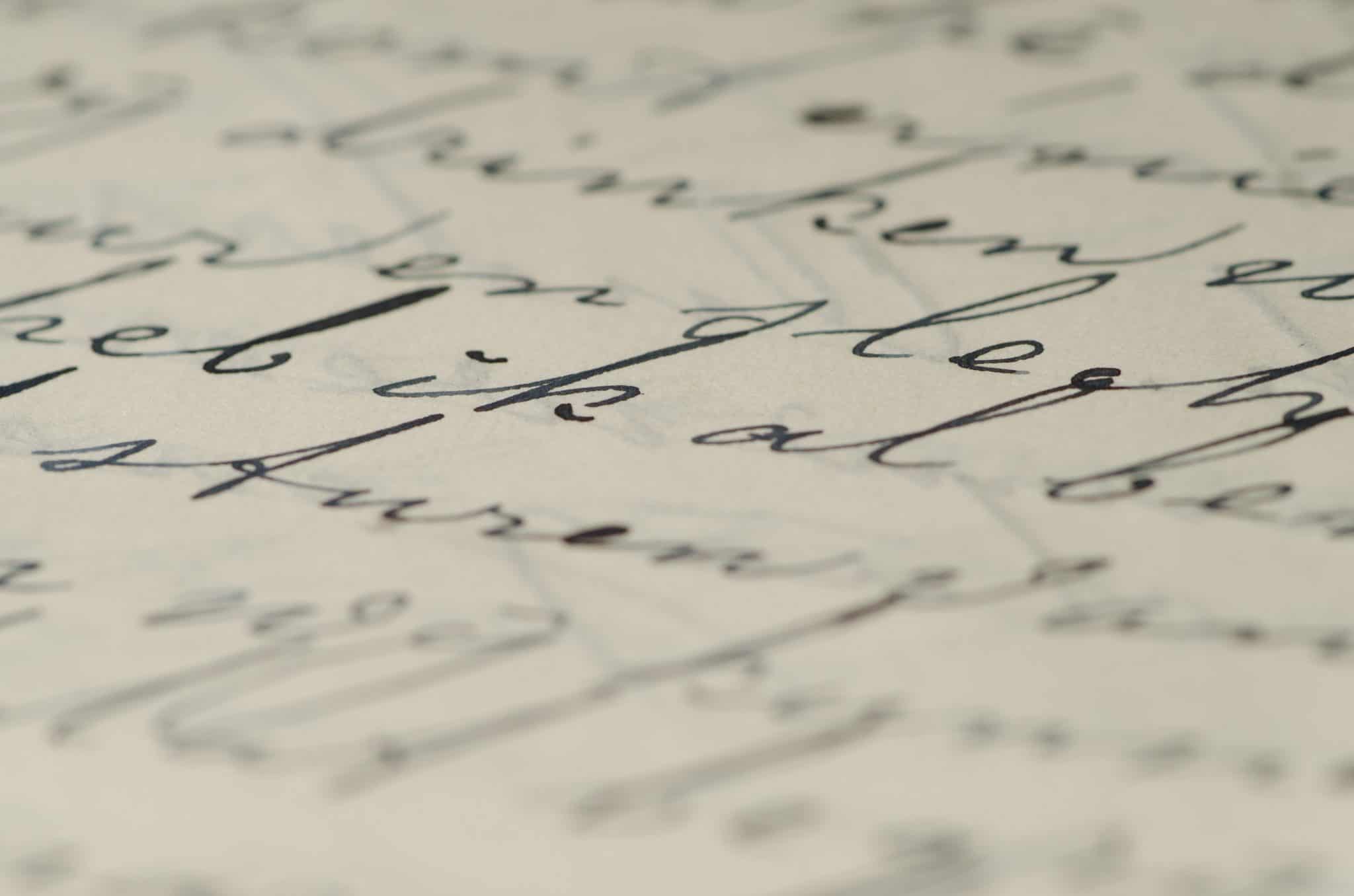What is a Buddy Letter?

You’ve heard me talk a lot about the importance of “Statements in Support of A Claim” as well as “Buddy Letters.” The VA raters take them very seriously, and read every word when evaluating your claim. Sadly, many veterans seeking service-connected compensation benefits from the VA are not aware of their importance.
These statements can be from your spouse, friend, pastor, adult child, a fellow service member, or any other credible witness (18 years of age or older). A credible and supportive statement can be the catalyst to winning your VA disability claim.
I’ve received a ton of questions lately about “how” to write these statements to win your VA claim or get a higher rating. I freely share 10 of the exact templates for various disabilities, as well as my Sworn Declaration Template, which has been blessed all the way through the Board of Veterans Appeals (BVA). We also have a statement in support of a claim template available here!
While the VA has a duty to assist veterans in developing a claim for a service-connected disability, the raters are so busy, that they often fail to go the extra mile. The cool thing though is that it is their obligation to apply the “benefit of the doubt” doctrine when your claim lacks medical evidence either because none existed or were lost or destroyed. The VA is required to review and take into consideration “lay evidence,” including buddy statements in support of your claim.
Most medical facilities destroy medical records after a number of years, typically 7-10 years. In these situations, if the medical records are no longer available, you can obtain credible statements to gap the dates of treatment. If you lack medical documentation at all, YOU MUST write statements in support of your claim AND obtain buddy letters. I suggest one or two buddy letters for EVERY disability you’re claiming, regardless of how solid the medical evidence.
For example, many veterans returning from war may experience symptoms of PTSD, or other mental health disorders, but frequently fail to seek treatment until a loved one urges them to do so. I’ve even helped veterans where a number of years have gone by as the veteran struggles to enter back into society and lead a productive life. Those loved ones who witness the changes are the ones that can provide the most credible observations of the veteran’s symptoms during the period when the veteran failed to seek medical treatment, or gap a hole in treatment of medical records that are no longer available.
Specifically, the witness can provide a historical narrative of when the veteran was having difficulty coping with stress at work, getting along with co-workers, or not being able to accept direction from an authoritative figure. A close friend or relative can provide information of the veteran’s difficulties with day-to-day activities, such as maintaining hygiene, isolating, or any other change noticed during that period.
We are all aware of the VA losing or misplacing files and records, but sometimes an injury or event did not require a veteran to seek immediate medical treatment. In those instances, a credible, supportive statement is CRITICAL to developing a winning claim. If you suffered an injury or event in service but no record was kept or those records were destroyed, then a statement from a service member that served with you and witnessed the event or injury has to be weighed and considered by the VA when determining service-connection.
For example, I helped a friend and veteran file a claim for residuals of a shoulder injury that was sustained during basic cadet training. The VA attempted to obtain his in-service medical records but was unable to do so because they had been misplaced. Nevertheless, we were able to obtain a written statement from a fellow service member who witnessed the incident supporting his assertion that the original injury that occurred in service was the result of his current shoulder problems. The VA determined that “lay evidence” could be competent and sufficient in his case to identify a medical condition and that the buddy statement supported his diagnosis. Guess what–he won his claim!
It is important that the witness issuing the statement describe the event or injury in as much detail as possible. Providing dates and names also increases the credibility of the witness. Lastly, I highly recommend putting the following statement at the end of the buddy letter or statement in support of a claim:
“I certify that the contents of this letter are 100% true and accurate to the best of my knowledge and belief. If you require additional information, please contact me at the phone, email, or address listed below.”
On my Sworn Declaration Template, I recommend using the following statement:
“Under penalty of perjury…”
If you have any questions at all, please reach out! And if you are ready to get a winning VA Disability Claim, check us out here!

